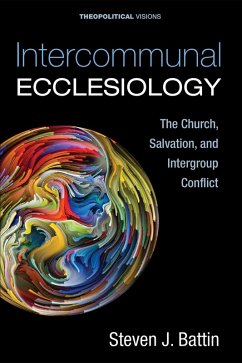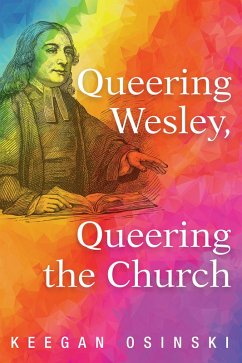What do Christian communities imagine when they think of themselves as "church"? And how do these ecclesiological imaginations inform Christianity's past and present entanglements with violence and injustice? Intercommunal Ecclesiology addresses these questions by examining the distinctive role intergroup dynamics play in shaping Christian collective behaviors against the "other" that are incongruent with Christian theological principles, such as love of neighbor. Through interdisciplinary engagement with social psychology, systems theory, biblical criticism, and studies in the early history of Christianity, this book makes a case for a theological re-envisioning of the church at the three-way intersection of an anthropology of intergroup dynamics, a soteriology adequately rooted in God's historical salvation plan, and a Christology sensitive to Christ's collective embodiment. The book argues that within God's plan of historical salvation, the church is supposed to function as God's communal response to intercommunal disunity, a role it fulfills with integrity only when and where it enacts itself as a counterperformance to aggression, conflict, and indifference between human communities.
Dieser Download kann aus rechtlichen Gründen nur mit Rechnungsadresse in A, D ausgeliefert werden.









